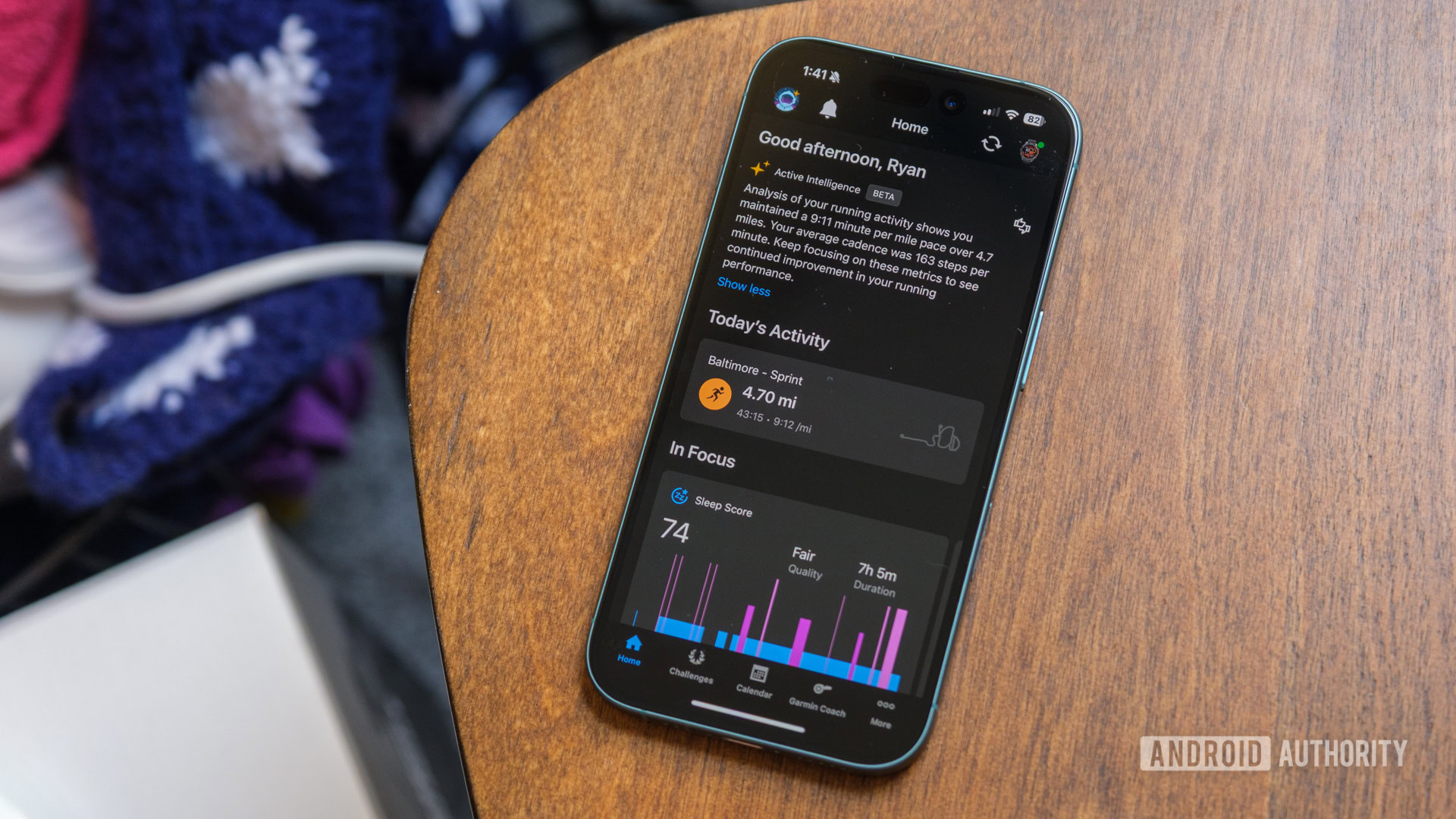The Best Fiber Internet Provider: What to Look For and Why Fiber is the Future

In today’s digital age, having a reliable and fast internet connection is no longer a luxury it’s a necessity. From streaming your favorite shows in high-definition to joining virtual meetings without interruptions, a good internet connection makes all the difference. Among the various internet technologies available, fiber internet stands out as the fastest and most reliable option. But how do you determine the best fiber internet provider for your needs? Let’s dive into what makes fiber internet so superior and how to choose the right provider for you.
What Is Fiber Internet?
Fiber internet uses fiber-optic cables to transmit data at incredible speeds. These cables are made of thin strands of glass or plastic, which allow data to travel as light signals. This technology offers faster speeds, lower latency, and greater reliability compared to traditional copper cable or DSL connections. It’s especially beneficial for activities like video conferencing, online gaming, and large file uploads or downloads.
Why Fiber Internet Is the Future
-
Speed: Fiber internet can provide download and upload speeds of up to 1 Gbps or more. This means faster file transfers, smoother streaming, and no buffering.
-
Reliability: Fiber cables are less prone to interference and weather-related disruptions, offering a more stable connection.
-
Symmetrical Speeds: Unlike many other types of internet, fiber offers symmetrical speeds, meaning your upload speeds are just as fast as your download speeds. This is crucial for remote work, video calls, and uploading content.
-
Future-Proof Technology: With increasing demands for high-speed internet, fiber is designed to handle the bandwidth needs of the future, making it a long-term investment.
What to Consider When Choosing the Best Fiber Internet Provider
Finding the best fiber internet provider for your home or business requires some research. Here are key factors to consider:
1. Availability in Your Area
Fiber internet is not yet available everywhere. Start by checking which providers offer fiber services in your area. Many rural or remote locations may still rely on older technologies like DSL or satellite internet, so availability is the first step in narrowing down your options.
2. Internet Speeds
Different providers offer varying speed packages. Think about your household’s usage habits. For light browsing and streaming, a basic plan might suffice. However, if you have multiple users streaming, gaming, or working remotely, opt for a higher-speed plan. Make sure the provider delivers consistent speeds, even during peak usage times.
3. Customer Service and Support
Technical issues can happen, even with fiber internet. Choose a provider known for excellent customer service and quick support. Look for reviews from current users to gauge their experiences with the provider’s customer support team.
4. Pricing and Contracts
Compare the cost of different plans, keeping in mind any hidden fees like installation or equipment charges. Some providers may require long-term contracts, while others offer more flexibility with month-to-month plans. Be sure to read the fine print to avoid unexpected costs.
5. Additional Features
Some providers offer extra perks, like free installation, Wi-Fi extenders, or bundled services (e.g., TV and phone). These features can add value to your plan, so consider them when making your decision.
Benefits of Choosing the Right Fiber Internet Provider
The best fiber internet provider will enhance your online experience in several ways:
-
Faster Work and Learning: Whether you’re working from home, attending virtual classes, or running an online business, high-speed fiber ensures everything runs smoothly.
-
Seamless Streaming and Gaming: Enjoy your favorite shows in 4K without buffering, or compete in online games with minimal lag.
-
Better Connectivity for Smart Homes: Fiber can handle multiple connected devices, making it perfect for homes with smart gadgets like security cameras, thermostats, and virtual assistants.
Common Misconceptions About Fiber Internet
-
Too Expensive: While fiber plans might have a higher upfront cost than DSL or cable, the benefits in speed and reliability often make it worth the investment.
-
Hard to Install: Fiber installation can take a bit longer initially, but once set up, it requires minimal maintenance.
-
Not Necessary for Everyone: While light internet users might not need fiber, households with multiple users or those who frequently stream, game, or work online will notice a significant difference.
Conclusion
Fiber internet is revolutionizing the way we connect, work, and play. Its unmatched speed, reliability, and ability to support multiple devices make it a top choice for modern households. When searching for the best fiber internet provider, consider factors like availability, speed, customer service, and pricing to ensure you get the most value. By investing in fiber, you’re not just upgrading your internet you’re future-proofing your digital lifestyle.
What's Your Reaction?
 Like
0
Like
0
 Dislike
0
Dislike
0
 Love
0
Love
0
 Funny
0
Funny
0
 Angry
0
Angry
0
 Sad
0
Sad
0
 Wow
0
Wow
0
















































